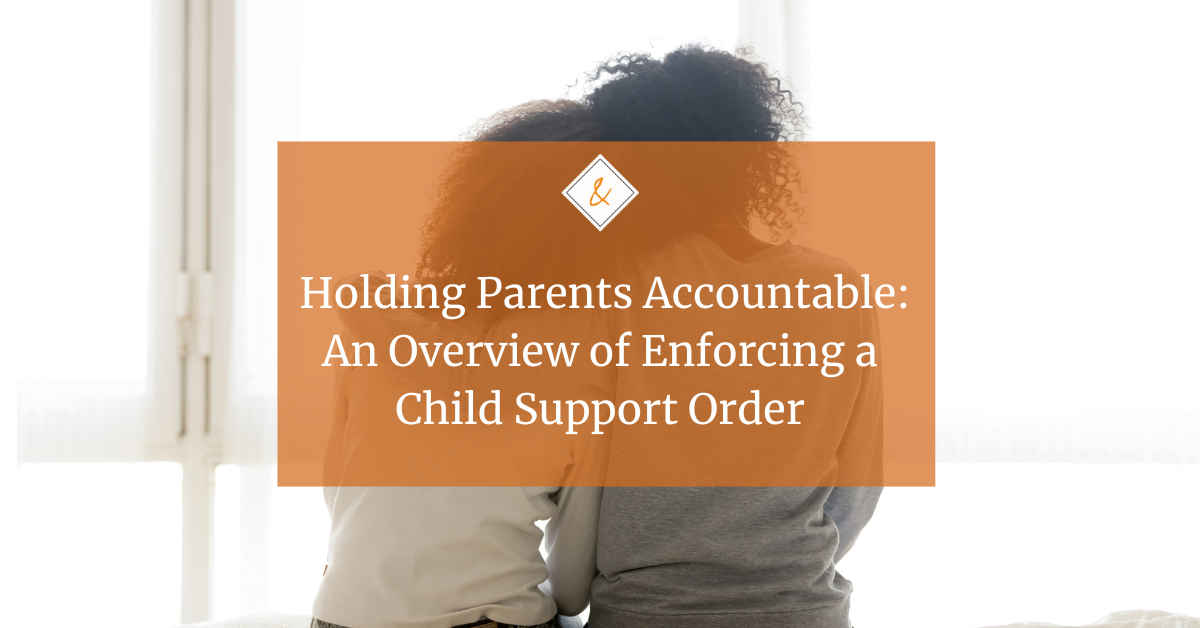If you and your spouse, or the parent of your children, live in different states or different counties, you may not know where to file your divorce, support or custody action.
Divorce
In order to file a divorce complaint in Pennsylvania, at least one of the parties must have been a bona fide resident of the Commonwealth for the six months prior to commencement of the action. With respect to which county to file in, the divorce code provides that the action may be brought in the county (1) where the defendant resides; (2) if the defendant resides outside of Pennsylvania, where the plaintiff resides; (3) the county of matrimonial domicile, if the plaintiff has continuously resided in the county; (4) prior to six months after the date of separation and with agreement of the defendant, where the plaintiff resides or, if neither party continues to reside in the county of matrimonial domicile, where either party resides; or (5) after six months after the date of separation, where either party resides. However, if the defendant does not reside in Pennsylvania, Pennsylvania must have personal jurisdiction over the defendant in order for the divorce action to proceed here, meaning the defendant must have certain minimal contacts with the state.
Support
A support action may be brought in (1) the county in which the defendant resides; (2) the county in which the defendant is regularly employed; (3) the county in which the plaintiff resides and that county is the county in which the last marital domicile was located and in which the plaintiff has continued to reside; or (4) the county in which the child resides, if the relief sought includes child support. Also, where jurisdiction is acquired over the defendant pursuant to the long arm statute (a statute that allows a court to obtain jurisdiction over a party, who does not reside in Pennsylvania, as a result of the party’s contacts with the state), the action may be brought in the county where the plaintiff resides.
Custody
- A custody action may be brought in any county
(i) Which is the home county of the child at the time of commencement of the proceeding; or
(ii) Which had been the child’s home county within six months before commencement of the proceeding and the child is absent from the county but a parent or person acting as parent continues to live in the county; or
2. When the court of another county does not have venue under subsection (1) above, and the child and the child’s parents, or the child and at least one parent or a person acting as a parent, have a significant connection with the county other than mere physical presence and there is available within the county substantial evidence concerning the child’s protection, training and personal relationships; or
3. When all counties in which venue is proper pursuant to (1) and (2) above have found that the court before which the action is pending is the more appropriate forum to determine the custody of the child; or
4. When it appears that venue would not be proper in any other county under (1)(2) or (3); or
5. When the child is present in the county and has been abandoned or it is necessary in an emergency to protect the child because the child or a sibling or parent of the child is subjected to or threatened with mistreatment or abuse.
A child’s “home county” is the county in which the child immediately preceding the time involved, lived with the child’s parents, a parent, or a person acting as parent, or in an institution, for at least six consecutive months. In the case of a child less than six months old, “home county” is the county in which the child lived from birth with any of the persons mentioned. The custody rules point out that a period of temporary absence of the child from the physical custody of a parent, institution, or person acting as parent shall not affect the six month or other period.
If you, your spouse and your children all live in the same county or state, figuring out where to file is easy; however, if that is not the case, the rules can often be complex and fact specific so be sure to consult with a family law attorney before making the decision of which state and/or county more appropriately advances your goals.



